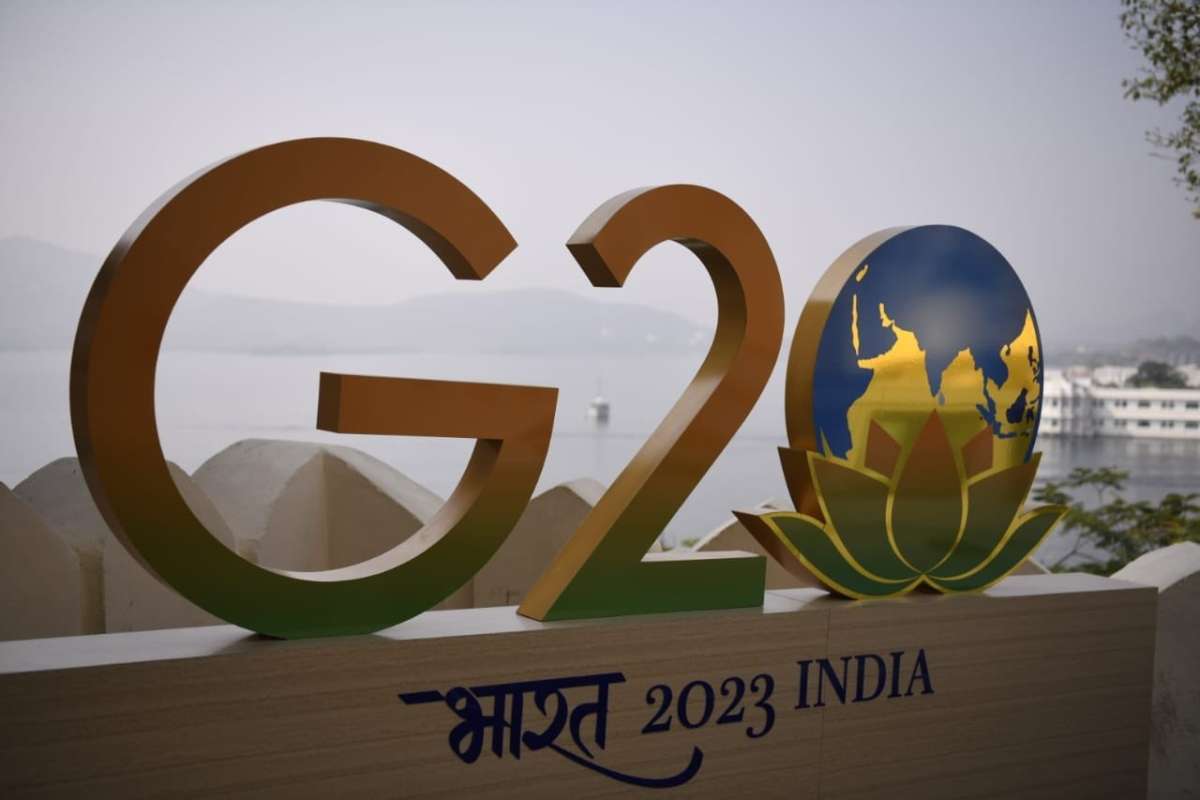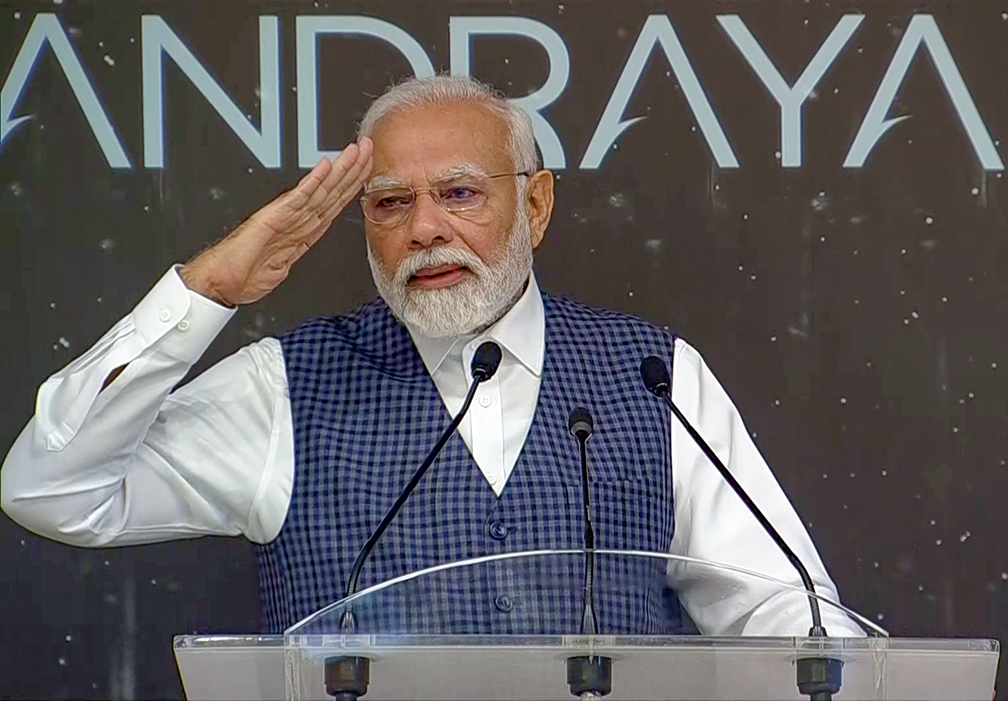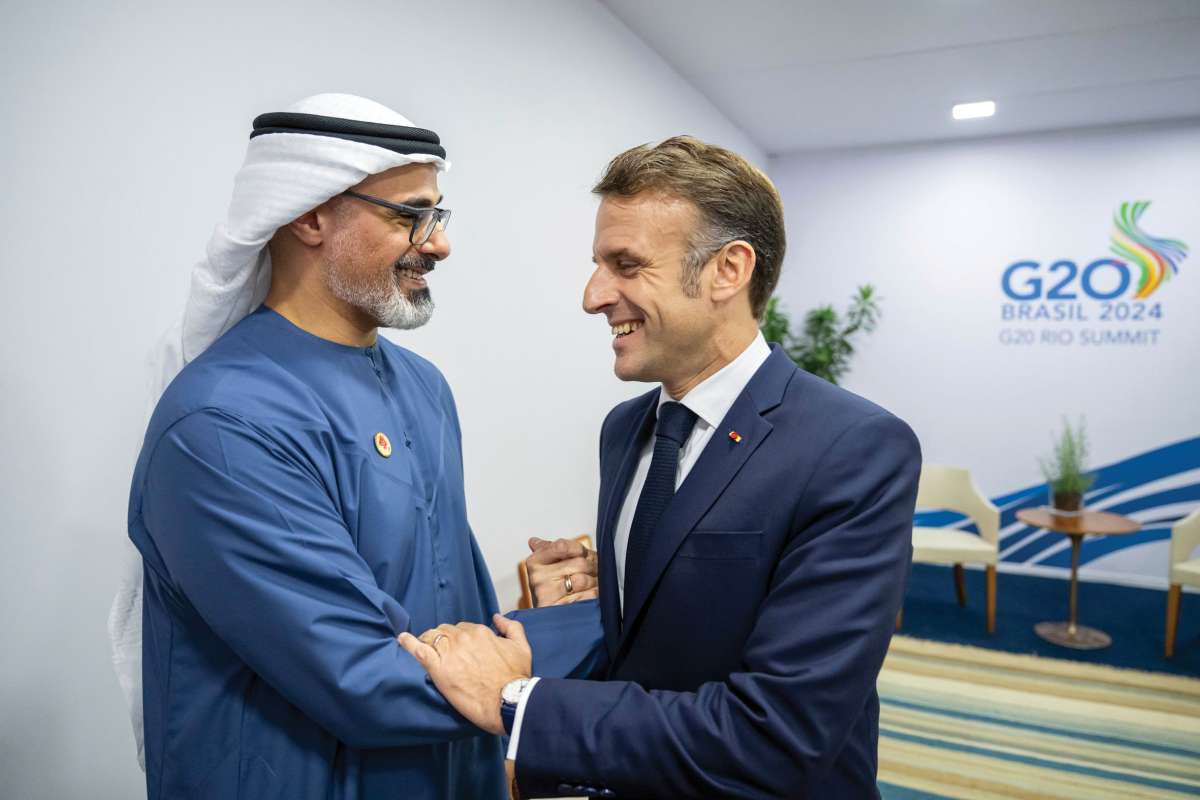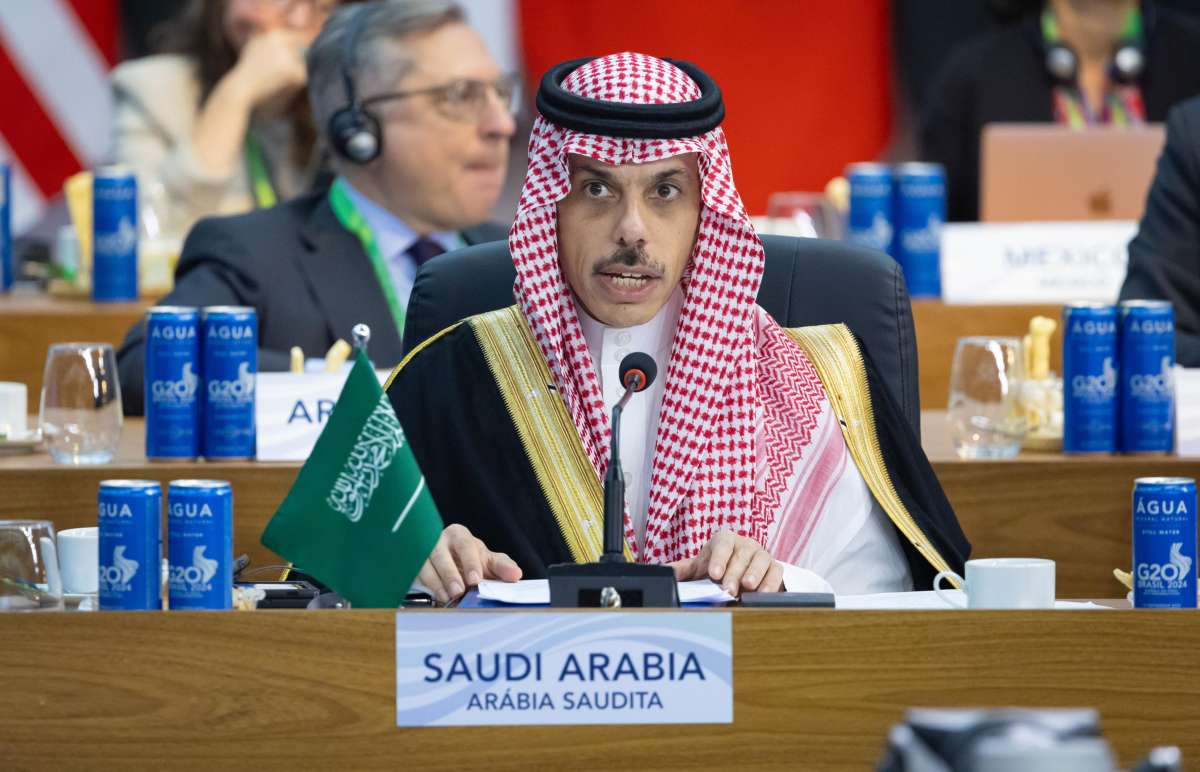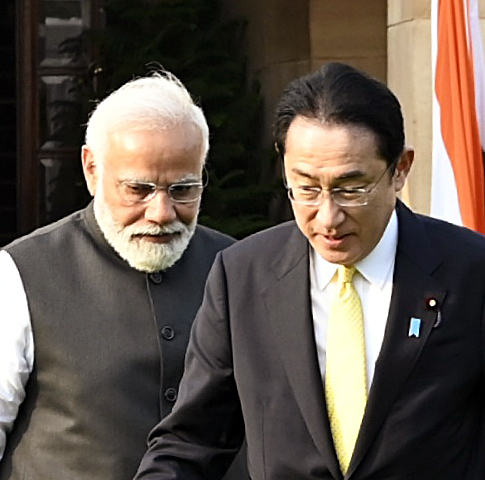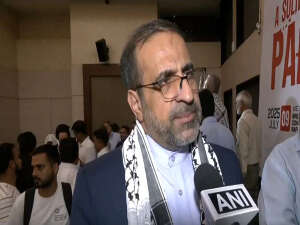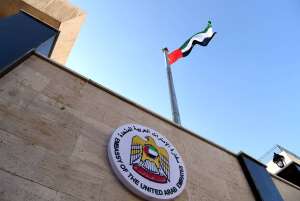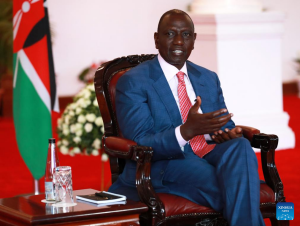The meeting saw the participation of 38 national and international delegates…reports Asian Lite News
The delegates from the Supreme Audit Institutions (SAI20) broadly agreed to the ‘Zero’ draft of the Communique and provided their suggestions to bring out an inclusive, decisive, and action-oriented Communique in the SAI20 summit scheduled to be held in Goa in June.
The delegations in their General Statements agreed on the strong relevance of the priority areas while appreciating the presentations. Girish Chandra Murmu, the Comptroller and Auditor General of India, as part of his valedictory address, appreciated the wealth of knowledge gained during the deliberations on the priority areas of Blue Economy and Responsible AI and stressed on the need for collaboration amongst the members for developing and strengthening accountability frameworks.
Murmu highlighted that though each nation has its own unique challenges in the achievement of Sustainable Development Goals, a good widely replicable knowledge system drawing upon collective wisdom was achievable. The experiences and inputs of the delegates provided a concrete pathway towards tangible outcomes in the form of auditing guidelines and toolkits for effective audits, as well as the SAI20 Communique.
Under India’s G20 Presidency, the Comptroller and Auditor General of India (CAG), as the chair for SAI20-the engagement group of Supreme Audit Institutions (SAI) of the G20, organised the Senior Official Meeting of the SAI20 Engagement Group (EG) from March 13-15, 2023.
The delegates from the G20 members, guest countries, and invited international organisations were invited to make general statements on the SAI20 Senior Official meetings.
The meeting saw the participation of 38 national and international delegates.
In his opening address, Murmu highlighted that SAI20 meeting is a symbol of global cooperation and collective efforts of the supreme audit institutions of the member G20 countries, to ensure inclusive development and wellbeing of all.
According to him, the Blue Economy could make all the difference to the Earth and sustenance thereon.
“Blue economy is an economic system that encompasses a spectrum of policy and operational dimensions aimed at conserving marine and freshwater environments while promoting their sustainable use, producing food and energy, supporting livelihoods, and acting as a driver for economic advancement and welfare,” he added.
While speaking about the Responsible Artificial Intelligence (AI), the CAG highlighted that democratisation of AI technologies is inevitable and AI could be used to benefit citizens and the country through targeted and timely intervention.
He also highlighted that AI had the potential to solve issues related to areas like Healthcare, retail, finance, agriculture, food, water resources, environment and pollution, education, special needs, transportation, energy, public safety, disaster management, judiciary, etc.
Murmu said that the world was seized by multiple challenges and the most daunting ones being sustainable development and climate change.
The meeting saw participation of 39 national and international delegates from G20 member countries, guest countries and other international organisations also attended the SAI20 event.
Over 55 delegates to attend 3-day G20 meetings in Amritsar
Over 55 delegates from G20 member countries, guest countries and invited organisations comprising OECD, Unesco and Unicef will be attending the three-day Second G20 Education Working Group meeting, beginning here on Wednesday.
The Ministry of Education is hosting seminars, an exhibition and working group meetings.
The seminar on ‘Strengthening research and promoting innovation through richer collaboration’ will be organised at Khalsa College by IIT Ropar with collaborative input from higher education institutions such as IISc Bengaluru, IIM Amritsar and TISS Mumbai.
The seminar on Wednesday will begin with a presentation from Govindan Rangarajan, Director, IISc Bengaluru, on ‘Research initiatives in G20 countries’ with inputs provided by G20 members and invitee countries in the seminar.
The seminar will also include two panel discussions, one on ‘Research in emerging and disruptive technologies, Industry — 4.0’ to be chaired by Rajeev Ahuja, Director, IIT Ropar, and second one on ‘Research in sustainable development goals’ to be chaired by Shalini Bharat, director, TISS Mumbai.
The panel discussion will see participation from France, Britain, Australia, India, Oman, South Africa, Unicef, China and the UAE.
A multimedia exhibition will also be organised on the sidelines of the seminar that will provide a physical format to the participating countries along with industry, academia to present the best practices in research, innovation, collaboration and partnership.
There will be 90 plus stalls at the exhibition with key participation from the UAE, China and Saudi Arabia, NSDC, NCERT, National Book Trust, Indian Knowledge Systems Division (IKS) and several start-up initiatives.
The exhibition will also be open to local institutions, students, academicians and researchers from March 16 to 17.
The two-day meeting on March 16 and 17 will provide a platform to deliberate on the four priority areas.
They are: Ensuring foundational literacy and numeracy, especially in context of blended learning; Making tech-enabled learning more inclusive, qualitative and collaborative at every level; Building capacities, promoting lifelong learning in the context of future of work; and Strengthening research, promoting innovation through richer collaboration and partnerships.
The meetings will be chaired by Union Higher Education Secretary K. Sanjay Murthy, with Secretary of the Department of School Education and Literacy, Sanjay Kumar, and Secretary of the Ministry of Skill Development Atul Kumar Tiwari as Alternate Chairs.
ALSO READ-US must treat India’s G20 presidency as wake-up for its future

